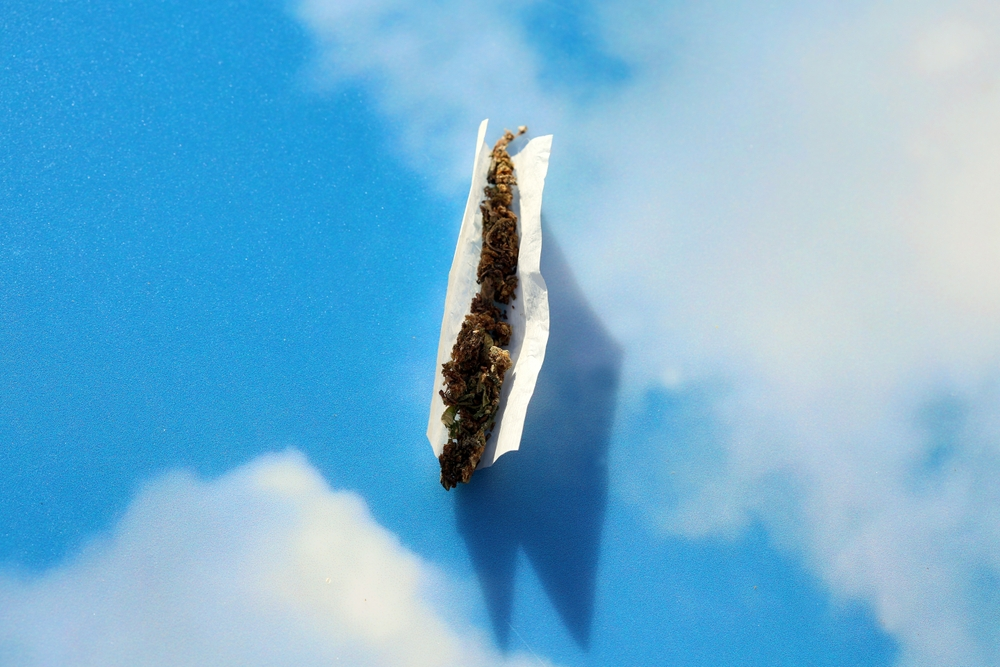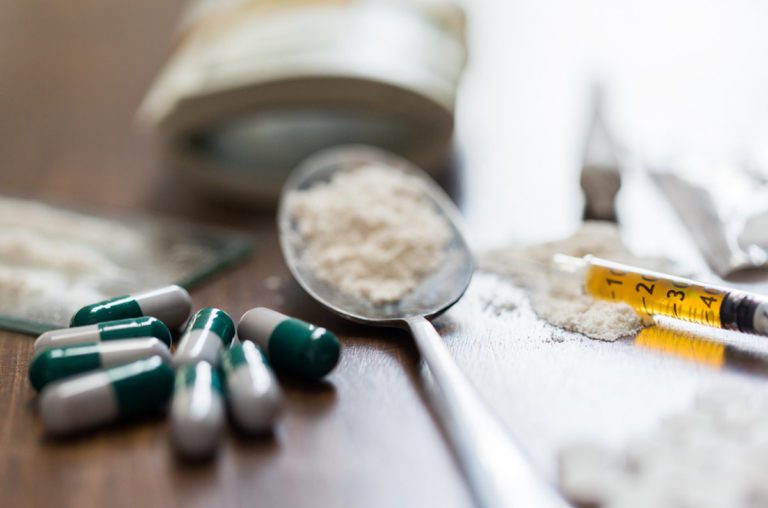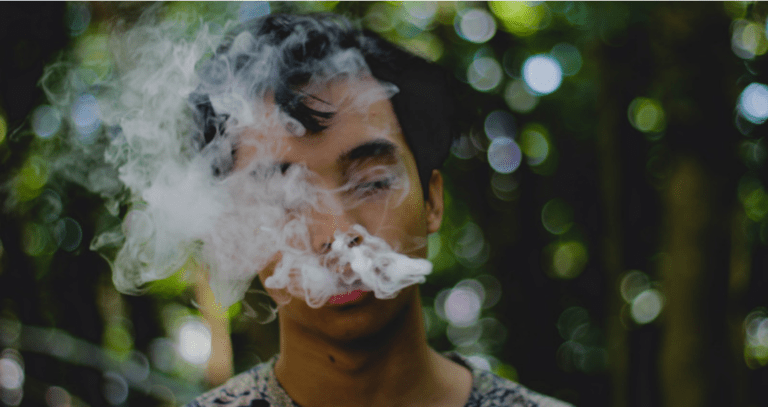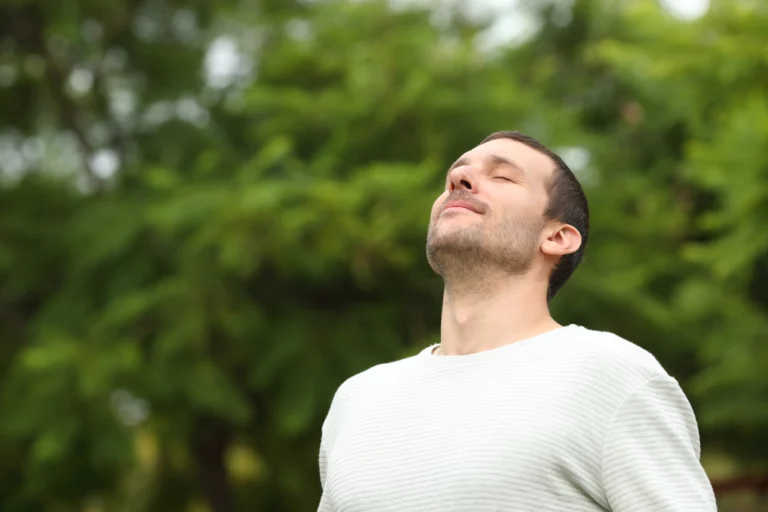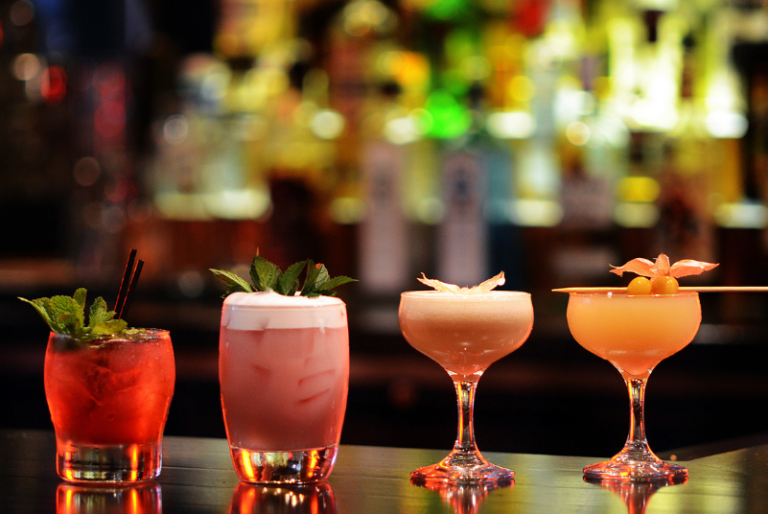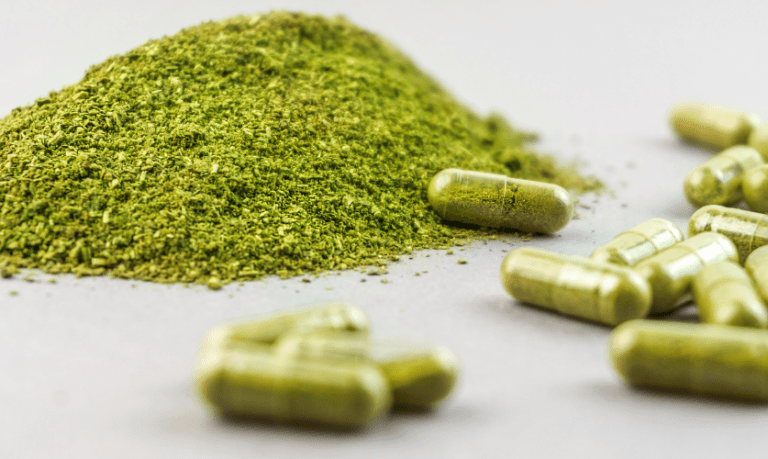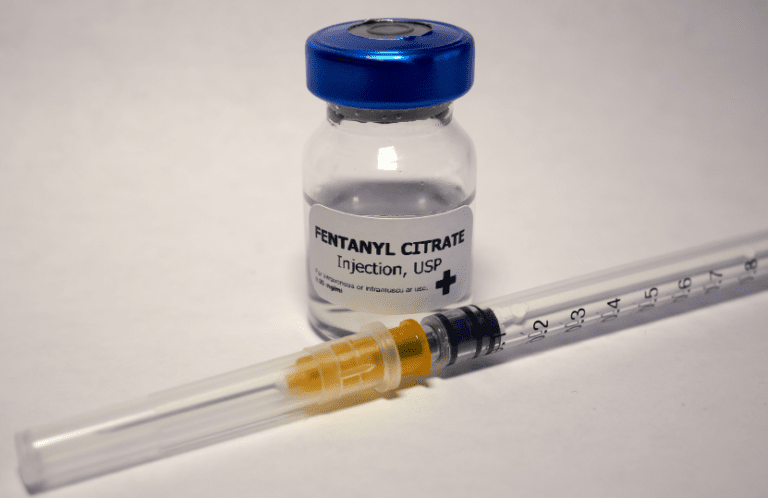Can You Trip On Weed? Signs, Symptoms, & Causes
If you want to know if you can “trip” on weed, or in other terms, hallucinate when you smoke or consume THC, this is the article for you. Many people are unsure of what they’re getting into before smoking or eating a THC-infused edible. Once you finish this brief article, you’ll know if you can trip on weed, the difference between a bad trip and a usual high, and more.
Some reports indicate that large doses of marijuana can induce acute psychosis, characterized by hallucinations, derealization, and delusions, similar to a “trip” produced by hallucinogens.
What is “Tripping?”
When someone says they are “tripping,” it means they are feeling the effects of hallucinogens. Hallucinogens are drugs that can change how we perceive things and make us experience things that are not part of reality. Some common hallucinogens include magic mushrooms, LSD, ecstasy, and high doses of cannabis.
When taking hallucinogens, our conscious mind becomes more aware of things it wouldn’t normally notice. This can cause our senses to be distorted or create intense experiences where we might believe in visions or altered perceptions that feel real, even though the drug causes them. Hallucinations can range from mild changes in our senses to more intense experiences where we may lose awareness of what’s causing these effects.
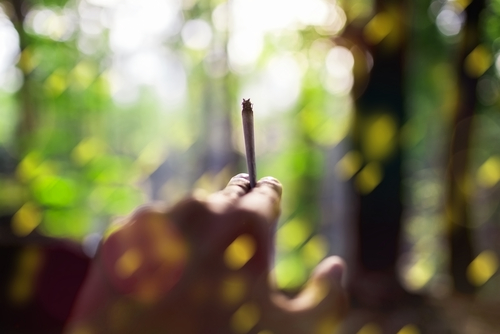
Can You Trip On Weed?
Rather than feeling relaxed and euphoric, some individuals may experience anxiety, fear, distrust, or panic when using marijuana. These effects are more likely to occur when a person consumes too much marijuana, uses a strain with unexpectedly high potency, or lacks experience with its effects.
In some cases, individuals who have taken large doses of marijuana may go through acute psychosis, which involves hallucinations, delusions, and a loss of their sense of self. It’s important to note that these unpleasant reactions are temporary and different from persistent psychotic disorders like schizophrenia.
Because cannabis affects your perception, it has the potential to amplify your thoughts and emotions, especially when you are in a bad mental state or facing a risky situation. You might become trapped in a cycle of negative thoughts, experiencing shortened breaths, widened eyes, and an increasing grip of anxiety. Unlike “tripping” on hallucinogens, anxious feelings after using marijuana are considered a “bad trip.”
Psychedelic Vs. Psychoactive
“Psychedelic” and “psychoactive” are often used interchangeably, but subtle differences exist between them.
Psychedelic substances are a specific subset of psychoactive substances. Psychedelics are known for their ability to induce altered states of consciousness, resulting in intense sensory experiences, perceptual distortions, and profound changes in thoughts, emotions, and self-awareness. Examples of classical psychedelics include LSD, psilocybin (found in magic mushrooms), DMT, and mescaline.
On the other hand, the term “psychoactive” refers to any substance that affects the brain’s functioning and alters consciousness, cognition, mood, perception, or behavior. It is a broader category that includes not only psychedelics but also other substances like stimulants, depressants, hallucinogens, caffeine, and alcohol. Psychoactive substances can affect the mind and body, from mood enhancement and relaxation to stimulation or sedation.
Read more: How To Get High Without Drugs: Releasing Natural Chemicals
Is Weed Psychedelic?
When it comes to cannabis, there is often confusion about its classification as a psychedelic and its potential for inducing a “trip.” While cannabis can lead to intense experiences, it functions differently than traditional psychedelics like DMT, LSD, psilocybin, and mescaline.
Classical psychedelics are known for their ability to produce profound and prolonged visions, emotional shifts, and distorted perceptions. They achieve this by temporarily affecting serotonin signaling in the brain.
In contrast, cannabis interacts with the endocannabinoid system to produce psychoactive effects. The active compound THC (9-tetrahydrocannabinol) binds to CB1 receptors in the brain, resulting in the desired high. Additionally, various terpenes present in cannabis contribute to energizing or relaxing effects.
However, the nature of the cannabis experience can change when consumed orally. THC undergoes conversion to a more potent and longer-lasting compound called 11-hydroxy-THC. While some users describe edible cannabis as a psychedelic experience, hallucinations are rare, and it does not function in the same way as most “true” psychedelics.
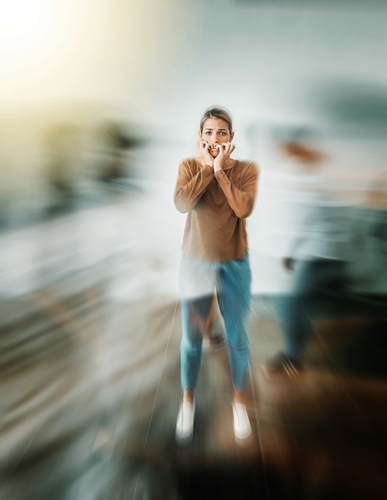
Signs Of A Bad Cannabis Trip
A bad cannabis trip can include various symptoms.
- Hallucinations: Hallucinations from weed are rare but possible. Smoking too much weed usually doesn’t cause hallucinations, but edibles can be different. Even a small dose can make experienced users anxious, and higher doses can lead to hallucinations, mind-altering delusions, and a racing heart.
- Intense paranoia/anxiety: Smoking or consuming weed can make users paranoid, overthink, and feel nervous about their surroundings. A bad trip may make users think strangers are looking at them or aware they’re high.
- Fear: Consuming edibles or using potent cannabis concentrates can induce intense fear and anxiety in individuals who are not prepared. These feelings may arise from concerns about life responsibilities or existential questions about the nature of existence. The onset of fear can be sudden and overwhelming for some individuals.
- Physical Sensations: During a bad trip, individuals may also experience various physical symptoms. These can include sweating, an elevated heart rate, stomach discomfort, numbness, and shaking.
Read more: How Long Does the High from Marijuana Last?
What Causes A Bad Trip On Weed?
Several factors can contribute to a negative experience or a bad reaction to weed. These factors can range from your mental state before using cannabis to consuming excessively large amounts.
- High-Potency Strains: Experiencing a negative reaction to weed is often caused by consuming too much THC, the psychoactive compound in cannabis. As cannabis strains have become stronger over the years, with average THC levels reaching as high as 30%, it has become easier for beginners to unintentionally consume excessive amounts.
- Edibles: Consuming edibles can have a significantly different effect than smoking cannabis. Even if you have been a regular cannabis smoker for years, edibles can easily lead to an overwhelming experience. The potency, duration, and somewhat psychedelic nature of the trip are quite distinct from the effects of marijuana smoke
- Dabbing: Dabbing delivers high levels of THC directly to the body and mind. Concentrated forms of cannabis can significantly enhance the effects of THC, especially for those unfamiliar with them. One “dab” can provide the same amount of THC as smoking a large joint. The difference lies in the method of consumption, as you inhale all of those cannabinoids in a single hit during dabbing.
- State of Mind: Cannabis has a way of amplifying your existing concerns. If you have unresolved stress, financial worries, or suppressed emotions, weed can bring them to the forefront of your mind. The effects of marijuana act as a catalyst, magnifying and intensifying these underlying mental health issues.
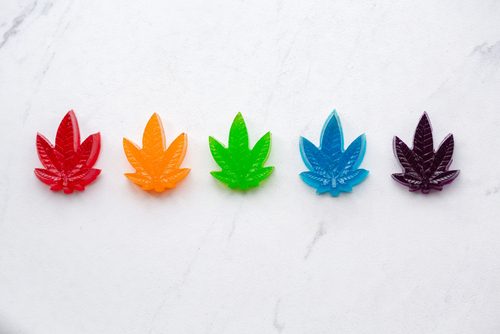
Is A Bad Trip A Sign Of Marijuana Addiction?
While a bad trip can be distressing, it does not signify marijuana addiction. Addiction is characterized by compulsive drug use, loss of control, and negative consequences in various aspects of life. Experiencing a bad trip will make users question if they’re overconsuming marijuana products and rethink their cannabis use.
Contact Oasis Recovery Center
While marijuana use is more contributed to habit-forming rather than addiction, it can still cause at-risk users to neglect other responsibilities in their life. Contact Oasis Recovery Center in Asheville today if you or someone you know is struggling with marijuana or drug abuse. Our treatment center focuses on the underlying issues behind excessive marijuana use using various healing modalities and therapy methods.



